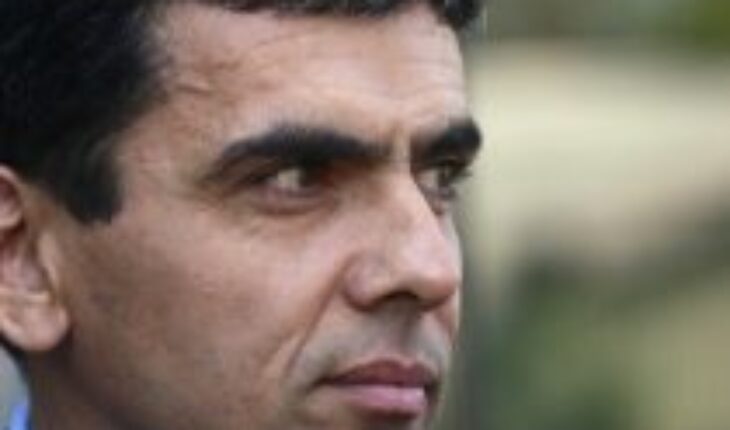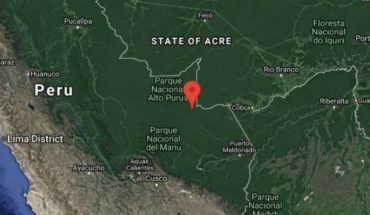In the book “Justice Will Be Done, the Constitutional Paths for a New Judicial System,” the author, Carlos Gajardo, a lawyer from the University of Chile who served in the State Defense Council and as chief prosecutor of the High Complexity Prosecutor’s Office of the Eastern Zone, shares his reflection and expectations regarding the constituent process.
Gajardo participated in large investigations, such as the Fragatas cases, the National Accreditation Commission, FUT fraud, the Penta case, the SQM case, Corpesca and pyramid scams, so he can analyze with great knowledge the critical areas that exist in our judicial system.
In his recent publication, he raises a fundamental question: how do we build and consolidate a justice system that gives us confidence? The former prosecutor assumes the feeling of the citizens and part recognizing that justice is not equal for everyone. The implication of this assertion is brutal, because from this conviction it is difficult to achieve the social cohesion that Chile needs. It is very interesting to know that between 2010 and 2021 Chile decreased its level of trust in the judicial system nineteen points.
So where to start? How do you move in the right direction? The author guides this reflection by analyzing substantial aspects such as: transparency and corruption; responsibility and command in the police; the relationship between the powers of the state; due protection for the citizen who complains; the relevance of international treaties; the role of the current Constitutional Court; and the system of appointments of authorities of the judiciary and public prosecutors.
In a book of just over a hundred pages, written in didactic form, Carlos Gajardo puts us in front of the cases that have impacted public opinion in recent years: such as Penta, SQM and Corpesca, among others. The text is not written for lawyers or specialists in legal matters, but for ordinary citizens who were affected by these events and by the judicial decisions, which in these cases provoked indignation and stupor because they evidenced the difference in treatment for the ordinary citizen and the powerful.
After reading, we were overwhelmed to see the networks of influences and tacit agreements that exist and that have worked very effectively to avoid justice in our country. For example, in the Penta case, the impunity that ended in the process that involved the Undersecretary of Mining, Pablo Wagner, and that imposed ethics classes on the accused, or the collector of stolen statues, Raúl Schuler, who was not imprisoned for a single day even when he committed several crimes.
“The discoveries made in the investigations of Penta, SQM and Corpesca showed not only the transversal financing of campaigns with illicit money, but also a second, even more serious phenomenon: the preparation of laws of the republic on request,” says Gajardo, adding as an example of this, the processing of the new Environmental Law (year 2008), the Mining Royalty Law (2010) and the Fisheries Law (2012). Laws that, instead of protecting the country, protect the interests of private individuals with the complicity of some parliamentarians and political parties. It is worth asking, will it be possible to change this reality?
From this reading and the indignation that it provokes, the interest in what is proposed in the text of the Constituent Convention is motivated, which seems to be, the only opportunity we have to move towards a new justice system. Therefore, it is necessary and advisable to go through these pages, since it places us at the point where we are unfortunately and from there move towards the construction of a different Chile. A country in which the necessary mechanisms exist to guarantee a fair, excellent and above all autonomous justice system.
The content expressed in this opinion column is the sole responsibility of its author, and does not necessarily reflect the editorial line or postura of El Mostrador.





